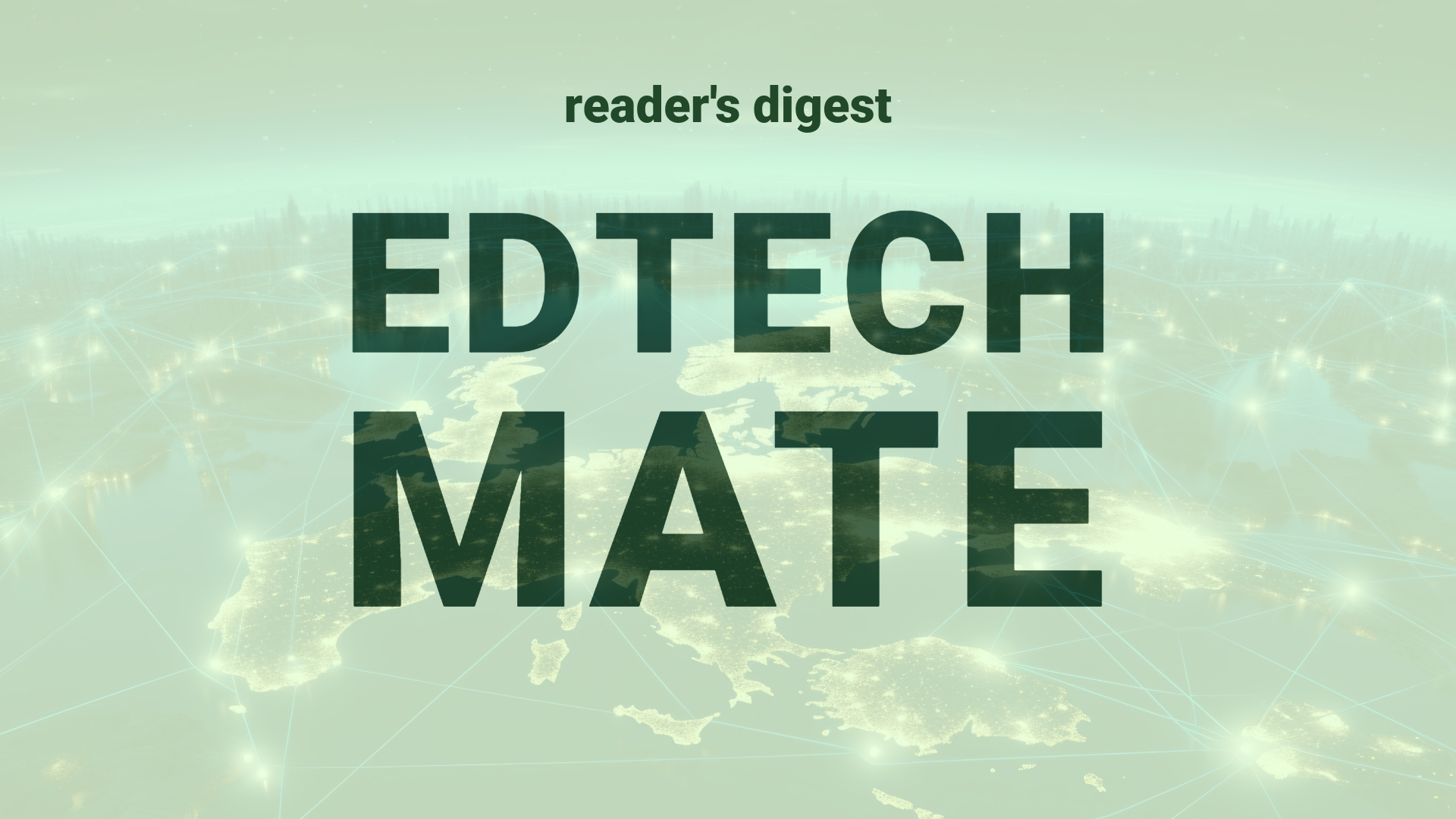Executive Summary and Main Points
Two notable studies have revealed how well-crafted shareholder agreements (SAs) in publicly traded family firms can safeguard shareholder interests and enhance market value. This insight, drawn from research focused on the French market, underscores the importance of strategic contracts that balance protection against the risk of capital misuse by family groups with the potential for market value growth. The critical provisions of these agreements are highlighted, demonstrating their role in aligning shareholder decisions and constraining share trading under specific conditions. The overarching finding is unequivocal: the presence of robust SAs, when structured effectively, correlates with a substantial 18% increase in market value.
Potential Impact in the Education Sector
The concept of disciplined and strategic agreements could translate to the education sector in terms of forming alliances and partnerships within Further Education, Higher Education, and the burgeoning domain of Micro-credentials. By drawing parallels from the corporate governance model, educational institutions might reinforce their collaborative efforts, ensuring their capital investments in technology and resources are protected and aligned with shared educational goals. These protective measures could promote a digital transformation within these institutions, fostering an environment where innovation is both secured and incentivized.
Potential Applicability in the Education Sector
Educational institutions could apply AI and digital tools to enhance their governance models and contractual frameworks. Learning management systems empowered with artificial intelligence could track and optimize resource allocation and academic outcomes. Digital tools might facilitate international cooperation between higher education institutions, enforcing agreements such as intellectual property rights, student data protection, and shared online platforms that confer Micro-credentials. By incorporating AI in contract management, institutions can uphold accountability and enhance value through strategic resource utilization.
Criticism and Potential Shortfalls
While shareholder agreements provide an effective governance mechanism in theory, their applicability to the education sector is not without potential criticism and pitfalls. An international comparative analysis may reveal cultural differences that affect the perception and execution of such agreements. Additionally, the ethical use of AI and data protection remains a crucial consideration, particularly in light of varying international regulations. Overemphasis on market value and shareholder interests could also inadvertently subordinate educational quality and accessibility, which should remain the primary objectives of educational institutions.
Actionable Recommendations
International education leadership should consider implementing structured agreements for resource sharing and digital transformation projects. This involves establishing clear principles on the use of AI and education technology to prevent misuse and ensure ethical practices. Forming strategic partnerships with technology providers and other educational institutions could lead to mutual gains, as long as the focus remains on education quality and equitable access. Actions such as pilot programs could test these agreements’ efficacy before full-scale adoption. As for AI, regular audits and adherence to international standards could help maintain ethical standards in AI implementations.
Source article: https://hbr.org/2024/06/when-and-how-family-businesses-should-use-shareholder-agreements

